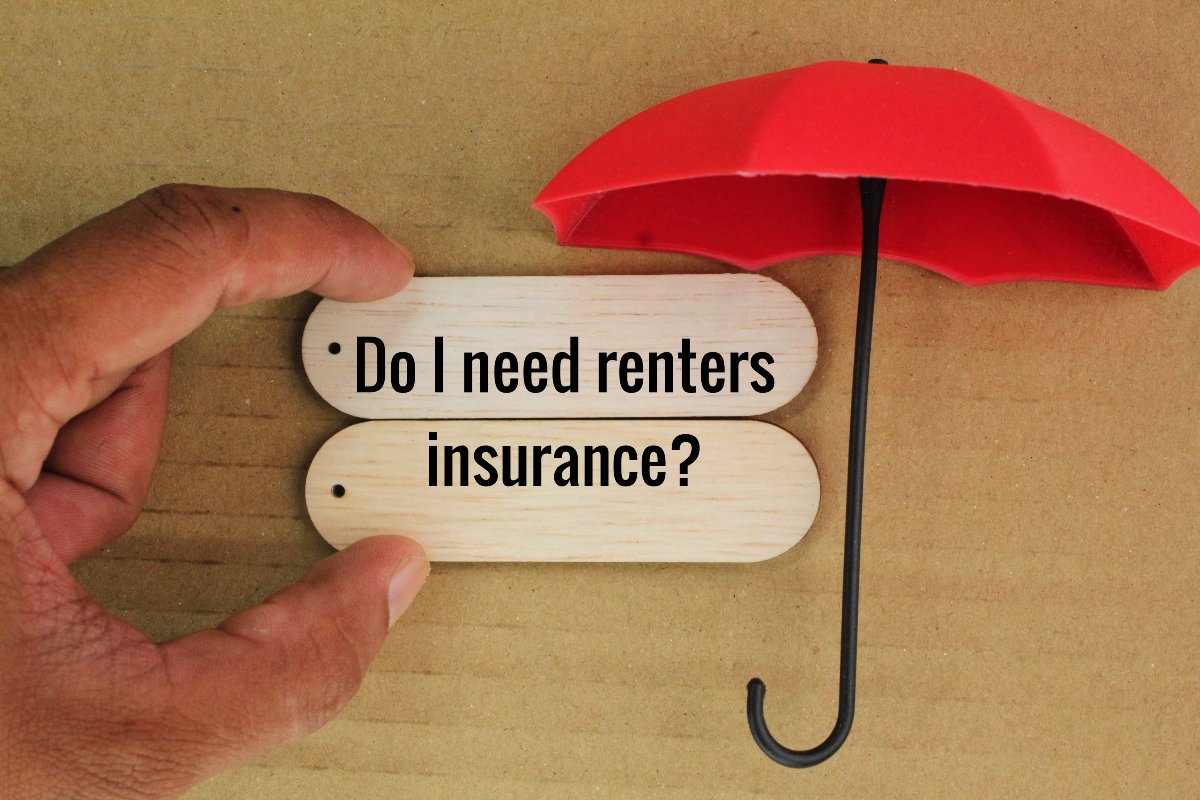While the majority of Americans choose to purchase a home, roughly 35% of individuals across the country choose instead to rent their home or apartment. Renting offers a lot of flexibility and convenience in comparison to owning, for example you don’t have to worry about the long-term commitment of homeownership if you simply rent. One thing to keep in mind if you are already a renter or are considering becoming one is the concept of renter’s insurance.
Most people know about home and auto, medical and life, dental and vision, et cetera — but renter’s insurance is just as important and far more often overlooked. Today we’re not just going to explain what renter’s insurance is, we’re going to give you the rundown on what it covers, what it doesn’t and why it’s worth every penny.
What is renter's insurance?
A completely different type of coverage, renter’s insurance provides a policy designed to protect rental tenants. In most cases, your landlord will have insurance for the building itself, but that coverage isn’t typically extended to your personal belongings or liability. Renter’s insurance steps in to fill this gap, offering financial protection for all of your possessions and providing additional safeguards against other unforeseen events.
What does renter's insurance cover?
As with any kind of insurance, the specific details are going to vary from policy to policy. However, there are three key areas that the vast majority of renter’s insurance policies will provide.
- Personal Property Protection. Considered by many to be the most important aspect of renter’s insurance, for sentimental reasons, renter’s insurance will help cover the cost of repair or replacing your belongings if they are damaged, destroyed and in some cases even stolen. Here are a few examples of events your policy might cover:
- Fire, smoke damage
- Theft, vandalism
- Water damage from burst pipes, leaks
- Weather-related incidents; lightning, windstorms
- Liability Coverage. Taking sentimentality out of the equation, liability coverage might be even more important than property protection. Accidents can happen at any time and in any place, but liability coverage can protect you in certain unfortunate events. It can typically help you pay for medical bills, legal fees or damages, which can otherwise add up to potentially devastating financial consequences.
- If someone is injured in your rental home, such as if a guest were to trip and fall in your living room and ultimately require medical attention as a result.
- If you unintentionally start a fire that damages a neighbor’s apartment.
- Additional Living Expenses. Finally, in the event of a previously addressed situation making your rental unit biome uninhabitable – such as from a fire – renter’s insurance will often cover the cost of your temporary living expenses. This might include things like hotel bills, meals or other costs incurred while your home is being repaired or replaced.

What doesn’t renter's insurance cover?
It would be pretty silly to try to build an exhaustive list of everything that isn’t covered by renter’s insurance, but there are a few common exclusions that we can bring to your attention.
- Flood & Earthquake Damage. More often than not, damage caused by flooding or earthquakes is not covered. It’s important to consider purchasing supplemental coverage or a completely separate policy if you live in an area where these risks are greater.
- High-Value Items. While your personal property is generally protected, most standard policies will have limits that prevent expensive items – such as jewelry, art or collectibles – from being covered. Most policies will allow you to add a rider or endorsement to your policy, which will allow you to increase coverage limits to include those specific items you want covered.
- Maintenance Issues. It’s important to note that renter's insurance is not a free pass to neglect your home. Any damage that occurs as a result of poor maintenance and upkeep is typically not covered, so be sure to get those leaks fixed early instead of letting them fester and create mold.
- Your Roommate’s Belongings. If you have a roommate, make sure you each get your own policy or a joint policy that includes each of you. The belongings of anyone who isn’t specifically listed on your policy won’t be covered under your renter's insurance.

Why is renter's insurance worth it?
While we haven’t mentioned it up to this point, now would probably be a great time to mention that renter’s insurance is incredibly affordable. Most policies cost just $15 to $30 per month, which is an incredibly small price to pay for the significant peace of mind having it provides, and a pittance in comparison to the financial burden you could face without it.
- Affordable protection for all of your assets
- Liability coverage for the unexpected
- Flexibility and customization options
- In certain cases your landlord might require it
These are just a few reasons why renter’s insurance is totally worth it. If you have any questions about renter’s insurance or would like to inquire about getting a policy for yourself, don’t hesitate to get in touch with us here at Glover Family Independent Insurance!


